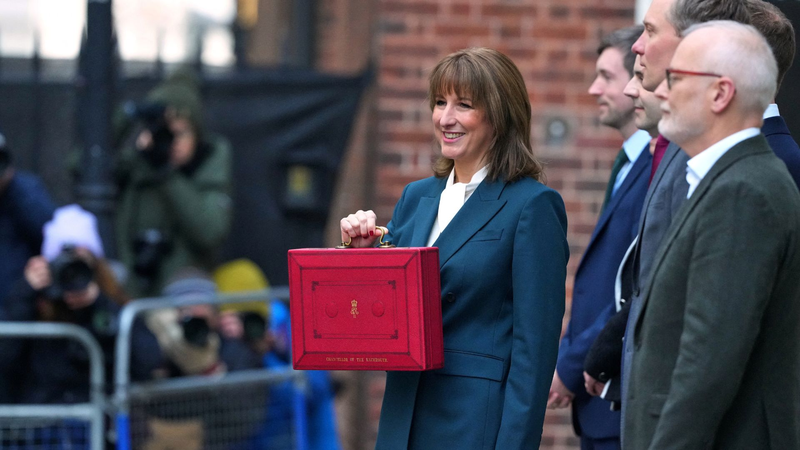On Wednesday (November 26), Britain's center-left Labour government unveiled a tax-raising budget to address a looming £20 billion fiscal gap and fund key services.
Official forecasts now predict slower growth in the coming years, prompting Chancellor of the Exchequer Rachel Reeves to freeze income-tax thresholds. This move drags more workers into higher brackets, technically reversing pledges made in last year’s budget.
“These are my choices, not austerity, not borrowing, not turning a blind eye to unfairness,” Reeves told Parliament. “My choices are a budget for fair taxes, strong public services, and a stable economy.”
The plan is projected to generate an additional £30 billion by 2030–2031 through measures including a freeze on tax thresholds, higher levies on online gambling, a new tax on luxury properties, a mileage-based charge on electric vehicles, and a cap on pension benefits.
For young entrepreneurs and tech enthusiasts, the balance between funding public services and maintaining consumer spending will be critical. The freeze on thresholds and new levies could tighten wallets but may also stabilize the economy, offering a more predictable environment for startups.
Digital nomads and travelers may feel the pinch from higher living costs, while those invested in sustainable transport should note the EV mileage charge. As the government seeks to reduce National Health Service waiting times and tackle the cost-of-living crisis, these fiscal choices signal a shift toward funding services through targeted tax increases.
With hard-right Reform UK gaining momentum in polls, Labour aims to demonstrate fiscal responsibility without cutting essential services. What might this mean for your budget and the wider UK economy? Keep an eye on how businesses, residents, and markets react in the weeks ahead.
Reference(s):
cgtn.com



